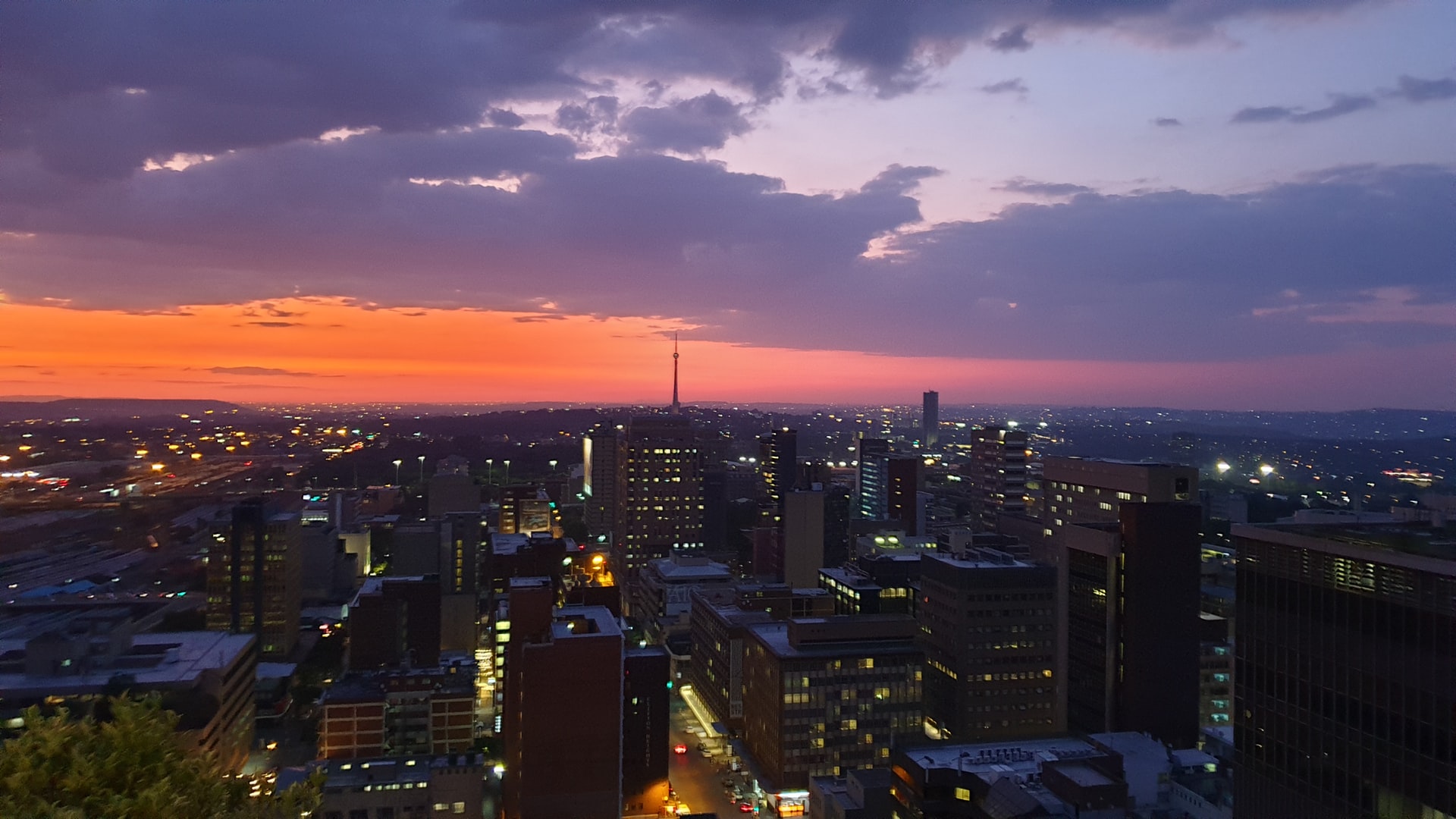Venture funding is slowing down in the US, Asia and Latin America, and big venture capital firms are adjusting their strategies to focus on early-stage startups. While Africa seems to be weathering the decline, there are concerns that growth-stage startups may struggle to raise capital, leading to mergers and acquisitions or early-stage companies will be deluged with too much cash.
African startups are already seeing some of that refocused capital. Tiger Global and Softbank, some of the biggest investment firms globally, have directly led or participated in some of the biggest disclosed seed and pre-seed deals in Africa since January this year, including two seed deals above $10 million. So investors and ecosystem stakeholders are beginning to ask questions.
Stephen Deng, a partner at San Francisco-based venture capital firm DFS Lab believes that while the effect of a funding slowdown in Africa may take some time to show, ultimately African startups will need to adjust to the new venture funding reality, “Obviously the later-stage investors are going to contract their valuations and yet there will still be high valuations early on,” he tells TechCabal in a call. Deng however, says that how Sufficient Capital, a DFS Lab investment syndicate invests will not change. “Our thesis,” he tells TechCabal on a call earlier this week, “does not change during the more capital intensive times. And it’s because we continue to invest in businesses that are fit for the continent and do not require a very capital-rich environment to succeed.”
In February, The Information reported that Tiger Global Management, a global venture capital firm had told its investors in a webinar that large, late-stage firms planning to go public would no longer be a priority investment. The firm planned to instead focus on investing in younger startups raising Series A and B rounds. A few weeks after that report, partners at Tiger Global announced personal commitments totalling $1 billion to fund early-stage companies as part of a broader strategy to index the early-stage startup market.
Similarly, hedge funds like D1 Capital, have hinted at plans to slow down or turn off funding to late-stage startups and focus on early-stage companies, and others, like Softbank, have spun off a separate entity, Upload Ventures, to invest in early-stage startups in Latin America.
All of this comes on the heels of a slowdown in investment activity since January and a selloff in the shares of publicly listed tech companies that have seen stock indexes like the NASDAQ Composite decline by almost 18% (as of April 26) and forced private market investors to revisit startup valuations.
A fuzzy market raises questions
Last year, some of Africa’s largest growth stage companies benefited from the capital windfall that coursed through venture markets. Per data from Africa: the Big Deal, only 7 Series C rounds accounted for $1.06 billion of the total $4.33 billion startup funding it reported last year. A $250 million Series D round disclosed in mid-February valued Flutterwave at over $3 billion, barely one year after it crossed the unicorn mark; Senegalese mobile money provider Wave raised $200 million Series A, in September last year to become francophone Africa’s first unicorn; and Opay’s $400 million round led by Softbank valued the Nigerian mobile-payments platform at $2 billion.
But now that the venture capital explosion appears to be slowing down and the fall in the share prices of publicly traded companies and poor performance of recently IPO’ed startups is reducing the appetite for IPOs, investors and entrepreneurs alike, are voicing concerns about how it may affect Africa’s nascent markets.
“We are entering a new epoch and negative unit economics, gross margins near zero and risk premiums changing are going to create a lot of difficulty for high valuation startups,” tweeted Steven Grin, Managing Partner at Lateral Frontiers VC, a venture capital fund that invests in digital infrastructure in Africa.
As early as last year and amid energetic optimism, online debates began to form around startup valuations in Africa.
In a podcast last year, Deng asserted that African startups are “seeing valuation jumps due to the kind of recency bias that is happening,” referring to the high profile valuations and funding rounds that were a regular news item in 2020 and 2021. “The scale of valuation changes depending on how optimistic people are about the long term and there’s a lot of recency bias,” he added, noting that huge valuations from standouts like Flutterwave’s $3 billion valuation, and Paystack’s 2020 acquisition by Stripe for $200 million have helped improve how African startups are valued.
“I think now the question is, ‘Are we perhaps undervaluing the limitations of the market as it exists in the mid-term?’” Stephen asked. “Are there elephants in the room around GDP growth? Are we actually pricing in the risks still? Are we simply just trying to get an allocation?”
That was last April. Meme stocks were exploding, GameStop was up 900% year-to-date, and US stocks hit record highs amid a backdrop of the US Federal Reserve’s commitment to continue expanding its balance sheet. This April, the situation is different. The US stock market recorded its first quarterly decline in 2 years and even once high-flying tech stocks are taking significant hits on the chin.
Perhaps this would have mattered less if Africa’s startups depended less on foreign capital. But that is not the case. Local investors are mostly early-stage investors. In 2020, early-stage companies represented 64% of Africa’s 359 startup funding rounds above $200,000, according to Dakar based VC firm, Partech, but that only accounted for $220 million of the $1.4 billion invested in startups that year. As it is, local investors are unable to provide the funding that promising startups need to grow.
Still worried about valuations?
Valuations are not all logical affairs and some stakeholders have pointed out that African startups are already heavily discounted compared to global peers. Nicole Dunn, Accelerator Lead at Founders Factory Africa has argued that far from being over-valued, African startups are “cheap at the price” in general. But she also noted that “global macroeconomic events have contributed to a groundswell of international capital seeking new growth frontiers.” If this is true, is it unreasonable to expect global macroeconomic events to influence how fundraises, not just valuations, are distributed in Africa’s venture capital markets?
But investors like Jumanne Mtambalike, CEO of investment firm Sahara Ventures, question the significance of debating startup valuations, writing, “There is an obsession with valuations and not the actual value created by startups on the ground.”
“Whether we call them ‘Zebracons’ or ‘Camels’,” he wrote, “we need to find a way to make African startups look more like African businesses and not vehicles created to be sold to the highest bidders in the PE and stock markets.”
Deng concurs, saying that while valuations at the early stage at least, will remain strong, founders should be cautious as a higher valuation in an environment like this, means more pressure to deliver on growth metrics.
“Hope for the best, expect the worst.”
Entrepreneurs in Africa should be bullish, there are still a lot of underserved opportunities. But it is one thing to make the case that the reset of startup valuations should not affect Africa when in the end, founders and local investors can only manage their actions, not the market.
“It will be really a year when companies that have been fundamentally strong really show up and are highlighted and companies that maybe have been selling more of a vision rather than the fundamentals, or really haven’t had the time yet to get to those fundamentals [will] start to see things like flat rounds, down rounds, and a lot more pressure on the capital side,” Deng said.
A global slowdown in startup investing may mean that startups looking to raise growth-stage capital will meet stiffer headwinds. “At the end of last year,” wrote Harriet Agnew for Financial Times, “70 per cent of so-called growth investors—in between early-stage venture capital funds and private equity investors that target mature companies—said they expected valuations to hold steady or rise, according to a survey of the top 25 investors in the field by Numis.” By the end of March, 95% of these investors had flipped their position and anticipated lower valuations.
Whether this will be the same for many of the seeded African startups reaching growth stage is not as clear. Not all investors seem to believe that the pullback in venture funding will affect Africa. Zekarias Amsalu, founder and managing director of IBEX Frontier, an Ethiopian Investment Advisory told TechCabal via email, “Despite the VC slowdown at global scale adjusted to risk appetite, I don’t expect this affecting the continent as the real conversation about Africa is about being in line for solid pipelines and co-investing with those who know the ecosystem very well instead of slowdown.’ According to Amsalu, “there will be even more VC funding into Africa both at early stage and growth stages as Investors are becoming increasingly aware that those who misunderstand Africa risk missing the greatest growth opportunity of the 21st century.”
Lexi Novitske, General Partner at Norrksen22 shares the sentiment. She told TechCrunch earlier this year, “What’s happening is, and we’ve seen this in our Acuity portfolio, is that our founders, as they grow and want to scale, have to take time away from their business and spend it with Silicon Valley-based investors who they have to educate on the Africa growth story,”
“These investors are coming with their capital, which is valuable, of course, but they’re not coming with the local knowledge to help those companies scale across the continent. And that’s the missing middle that we’re looking to unlock with this fund,” she added. In January Klarna co-founder, Niklas Adalberth’s Norrsken Foundation announced the launch of a $200 million fund targeted at growth stage African startups.
On the other hand, more money looks poised to flow to early-stage deals as the big venture capital firms like Tiger Global move to pick younger companies potentially firing up valuations at earlier stages. So the problem may not be a dearth of capital. But with so much money expected to shift from late-stage companies to younger firms, will Africa’s early-stage investors be able to stay disciplined and not optimize for just getting allocations?
Besides, the effects of 2 years of global splurging termed “pandemic response” are coming home to roost. Some of the biggest sponsors, the IMF’s Director, Kristalina Georgieva, admitted to short-sighted thinking in said pandemic response. As inflation, food security, and economic stability concerns increase heading into the Western summer, it only makes sense to expect to be shaken. It will be naive not to, and well-managed companies will prepare accordingly — for either tighter funding cycles or a deluge of global funds seeking early-stage opportunities.





















